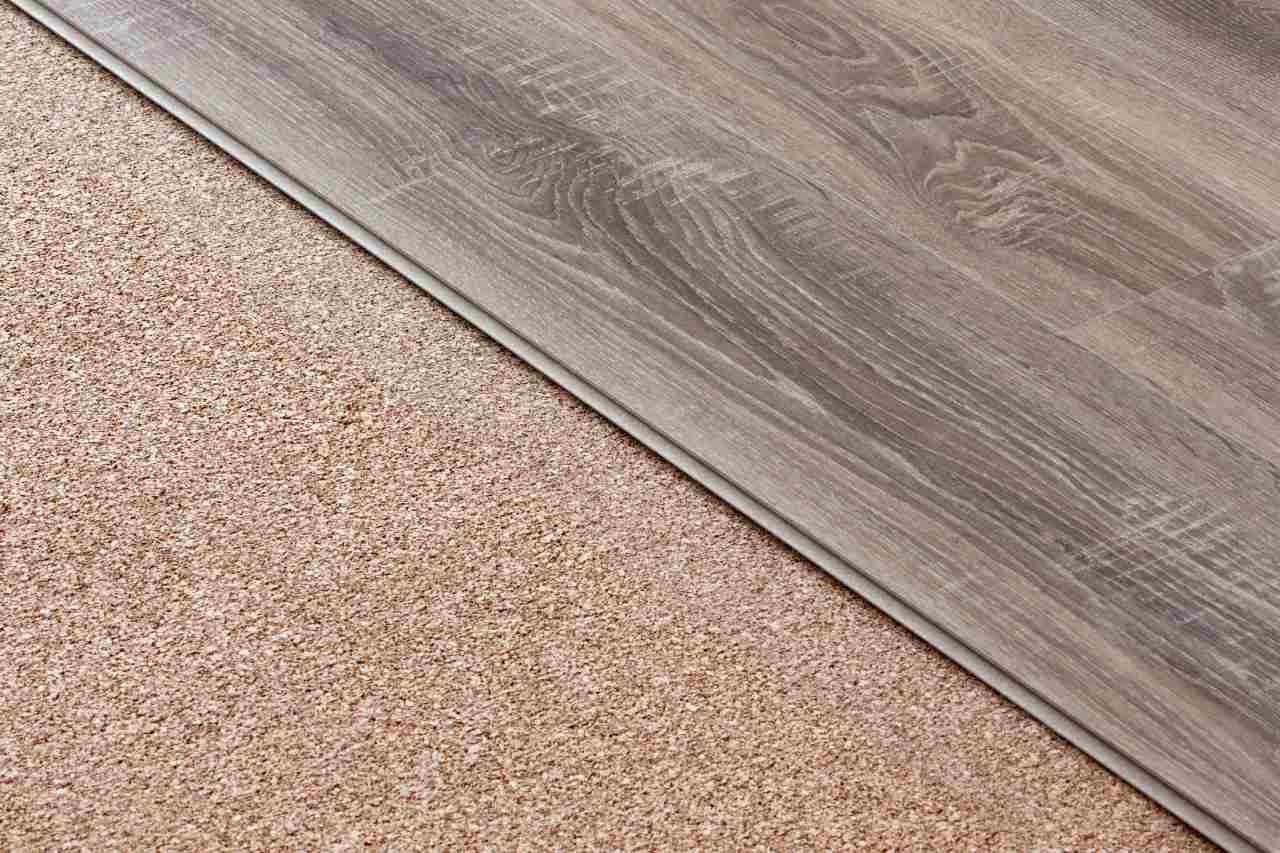Are you tired of the incessant noise coming through your tile floor and disturbing your peace and quiet? Whether it’s footsteps echoing through your home or the noise of appliances downstairs, a noisy floor can be a major source of annoyance. But fear not! With the right techniques and materials, you can effectively soundproof your tile floor and enjoy a quieter living environment. In this guide, we’ll explore everything you need to know about soundproofing your tile floor, from choosing the right materials to implementing effective installation methods.
Understand the importance of soundproof tiles
Before delving into the details of soundproofing your tile floor, it is important to understand why this task is necessary. Tile floors are known to transmit sound thanks to their hard, reflective surfaces. Unlike carpet or hardwood floors, which can absorb and muffle sound, tile floors tend to amplify noise, making it seem louder and more intrusive.
This is especially problematic in multi-story homes or buildings, where sound can easily travel between floors. Without proper soundproofing measures, you may be constantly disturbed by footsteps, voices, or other sounds coming from above or below.
Introducing soundproof tiles
Enter soundproof tiles: a revolutionary solution designed to minimize noise transmission and create a quieter living environment. These specialized tiles are designed to absorb and block sound waves, effectively reducing the amount of noise that travels through the floor.
So how do soundproof tiles work? It all comes down to its construction. Unlike traditional ceramic or porcelain stoneware tiles, which are solid and dense, soundproof tiles feature additional layers of materials designed to absorb and dampen sound vibrations. These layers may include rubber, cork, foam, or other sound-absorbing materials, depending on the specific product.
Choosing the right soundproof tiles
When selecting soundproof tiles for your space, it is essential to consider several factors to ensure optimal performance. Here are some key considerations to keep in mind:
Material Composition: Look for tiles made from high-quality sound-absorbing materials, such as rubber or cork. These materials are known for their ability to effectively reduce noise transmission.
Thickness: Thicker tiles generally provide better soundproofing capabilities as they offer greater density and insulation. Aim for tiles with a thickness of at least 8mm for optimal results.
Impact Resistance – Since tile floors are prone to heavy foot traffic, it is important to choose tiles that are durable and impact resistant. Opt for products specifically designed to withstand the rigors of daily use.
Installation method: Consider whether you want to install the tiles yourself or hire a professional. Some soundproof tiles come with an easy-to-install adhesive backing, while others may require professional installation for best results.
Aesthetic appeal – Don’t forget to consider the aesthetic appeal of the tiles. Choose a style and color that complements your existing decor and design preferences.




0 Comments